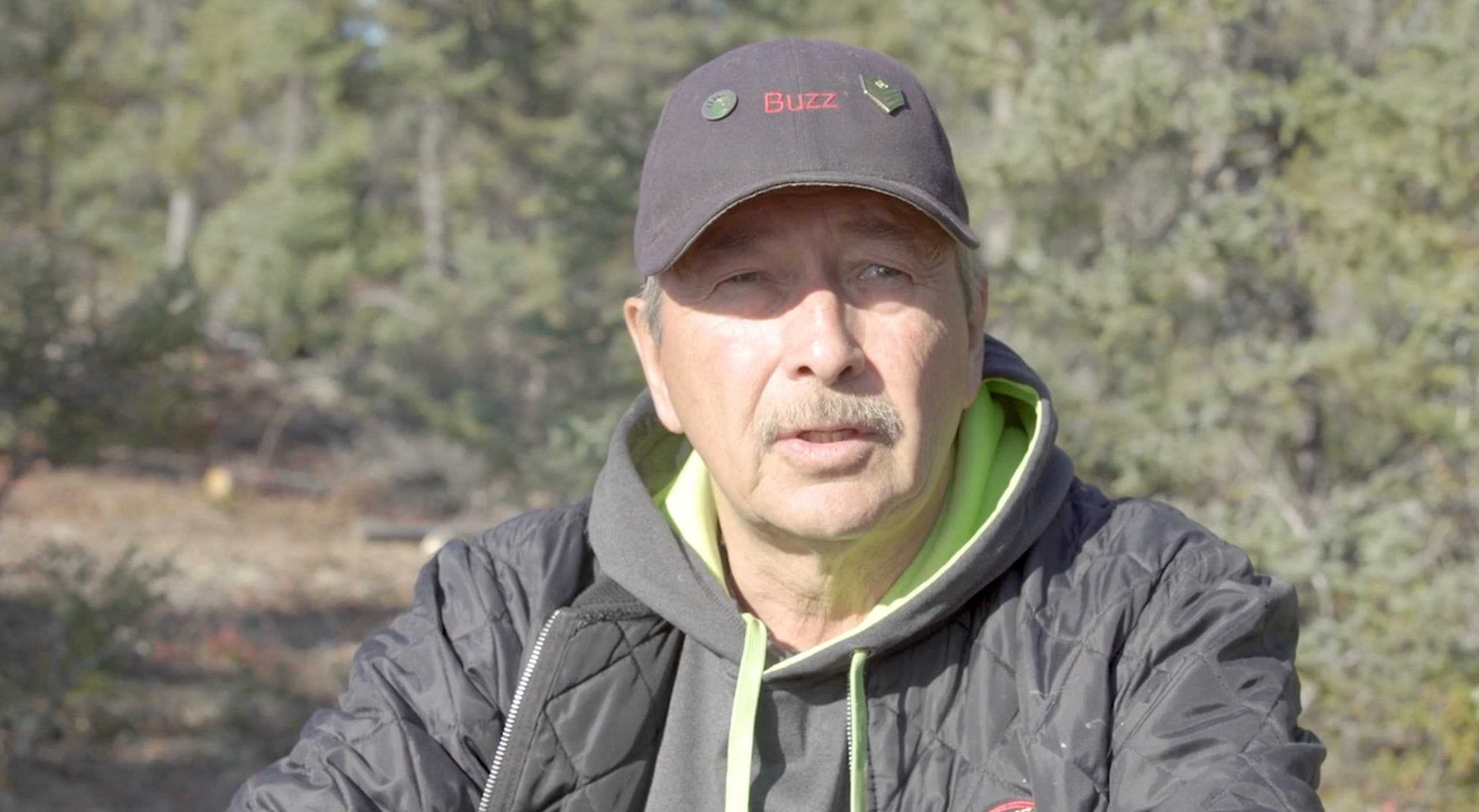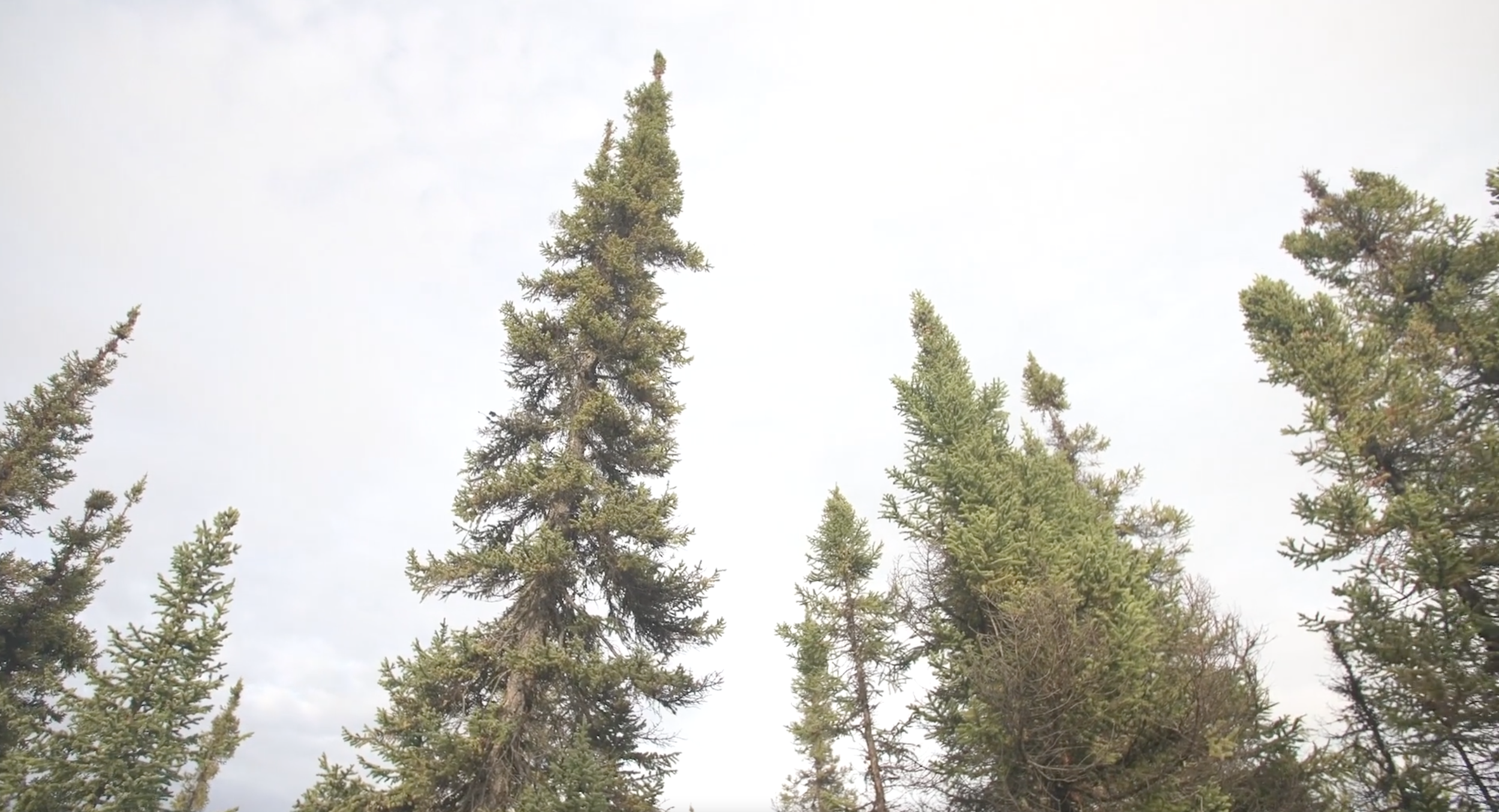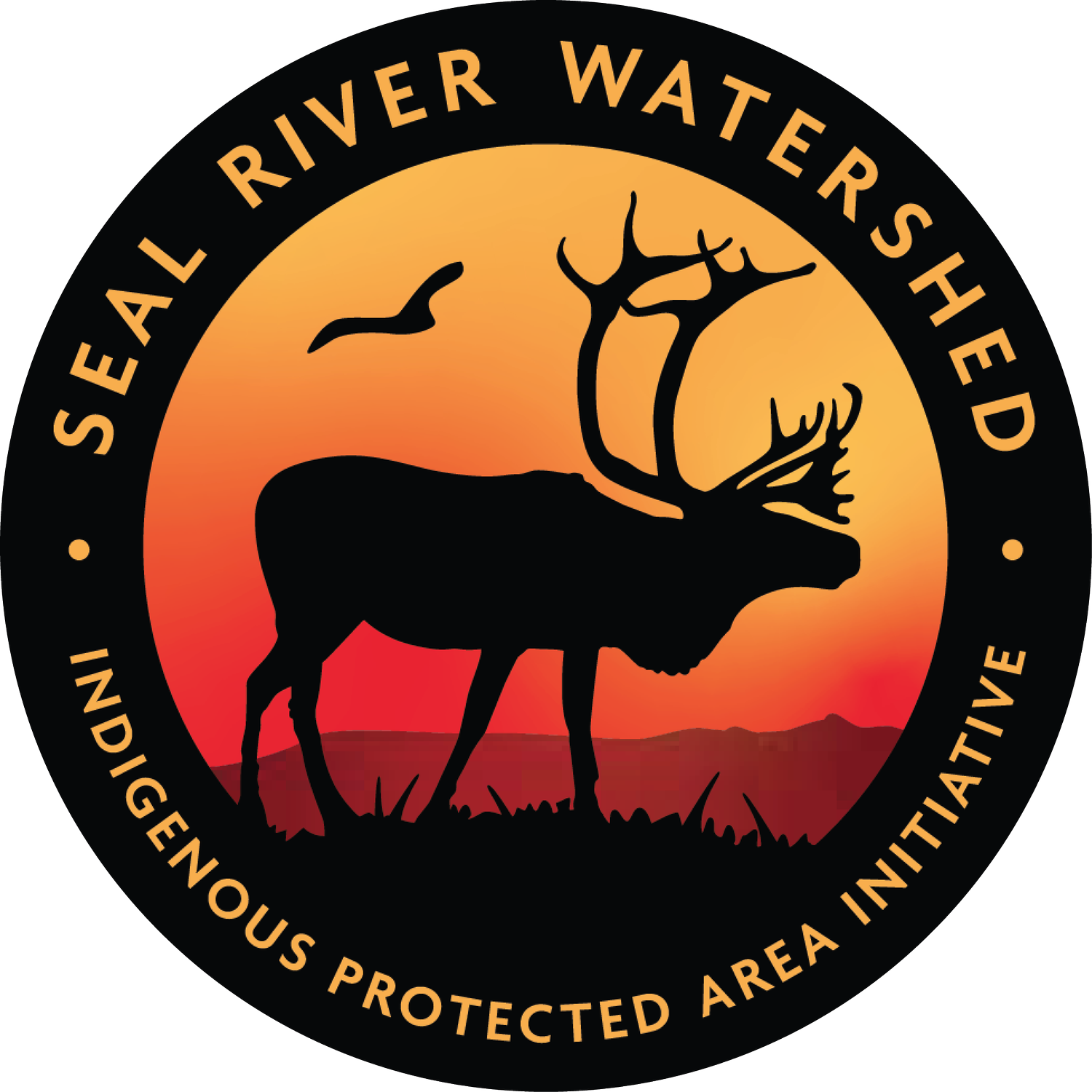
RECONCILIATIONReconciliation underpins all aspects of the Seal River Watershed Initiative.
The Canadian government formally apologized in 2016 for the forced relocation of the Sayisi Dene. About one-third of the relocated Dene died “as a result of poverty, racism and violence,” the Manitoba government said in a 2010 apology for its role.
A Sayisi Dene community meeting to discuss the federal settlement was marred by the sound of gunfire as outsiders came to their land and slaughtered an estimated 5,000 caribou. Since then, the caribou have not returned to Sayisi Dene’s territory.
_
Anger over that slaughter spurred the community to launch the initiative.

“We want to look after the caribou and we have that right,” said Ernie Bussidor, who was chief at the time and is leading the initiative with the full support of the present chief and council and the community at large “If the caribou are gone, it’s a death sentence for the Dene. There would be no identity.”
Yet this is not just a Sayisi Dene’s story. Other Cree and Dene Nations have joined the initiative.
_
Establishing an Indigenous Protected Area will create sustainable jobs for local residents while formalizing the tradition of acting as stewards of the lands, waters and wildlife. It will also support efforts to spur sustainable economic development in the region, with a particular focus on ecological and cultural tourism.

Returning management and stewardship of these lands to the Sayisi Dene would be an act of reconciliation for the forcible relocation of 1956.
Watch an award-winning documentary about the relocation